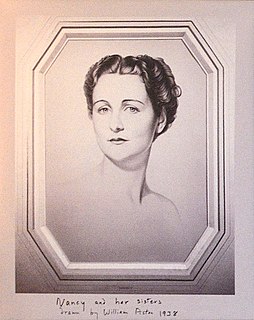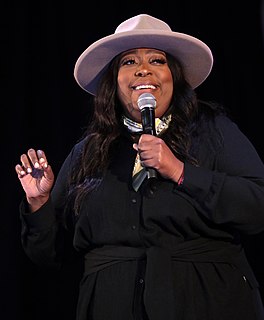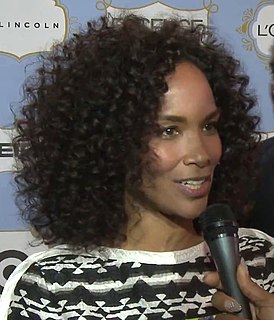A Quote by Nancy Mitford
Nothing about human beings ever had the power to move me as a child. Black Beauty now ... !
Related Quotes
My father always taught by telling stories about his experiences. His lessons were about morality and art and what insects and birds and human beings had in common. He told me what it meant to be a man and to be a Black man. He taught me about love and responsibility, about beauty, and how to make gumbo.
Artists use frauds to make human beings seem more wonderful than they really are. Dancers show us human beings who move much more gracefully than human beings really move. Films and books and plays show us people talking much more entertainingly than people really talk, make paltry human enterprises seem important. Singers and musicians show us human beings making sounds far more lovely than human beings really make. Architects give us temples in which something marvelous is obviously going on. Actually, practically nothing is going on.
The pain, so unexpected and undeserved, had for some reason cleared away the cobwebs. I realized I didn’t hate the cabinet door, I hated my life… My house, my family, my backyard, my power mower. Nothing would ever change; nothing new could ever be expected. It had to end, and it did. Now in the dark world where I dwell, ugly things, and surprising things, and sometimes little wondrous things, spill out in me constantly, and I can count on nothing.
Sartre is one example of someone who does just this. Every text is, after all, a human document and whatever Kierkegaard thought about God was clearly a matter of human thought that can, in principle, be retrieved and interpreted by other human beings. A phenomenological approach to religion must, it seems to me, adopt the old adage: nothing human is alien to me.
Phoenix is an interesting example. Drive around and see the golf courses everywhere, and you see people's big green lawns. And you live in a desert! I've always remarked about the capacity of human beings to look at somewhere and move there because of its uniqueness and its beauty and then change it.
Remember, we're talking [in The Black Power Mixtape] about 1967, the year before [Martin Luther] King's assassination. We're talking about the emergence of black power, which is a discussion King mentioned in his last book, Where Do We Go from Here: Chaos or Community? We're talking about the meaning of black power and the possibility that it alienated our supporters, both white and black.
We had the great depression, we had two world wars, we had the flu epidemic. We had oil shock. We had all these terrible things happen. But something about the American system unleashed more and of a potential to human beings over that hundred years so that we had a seven for one improvement in - there's never been any - I mean, you have centuries where if you've got a 1 percent improvement, then it's something. So we've got a great system. And we've got more productive capacity now than we ever have.
A lot of things that we cannot buy and sell in markets used to be totally legal objects of market exchange - human beings when we had slavery, child labour, human organs, and so on. So there is no economic theory that actually says that you shouldn't have slavery or child labour because all these are political, ethical judgments.







































